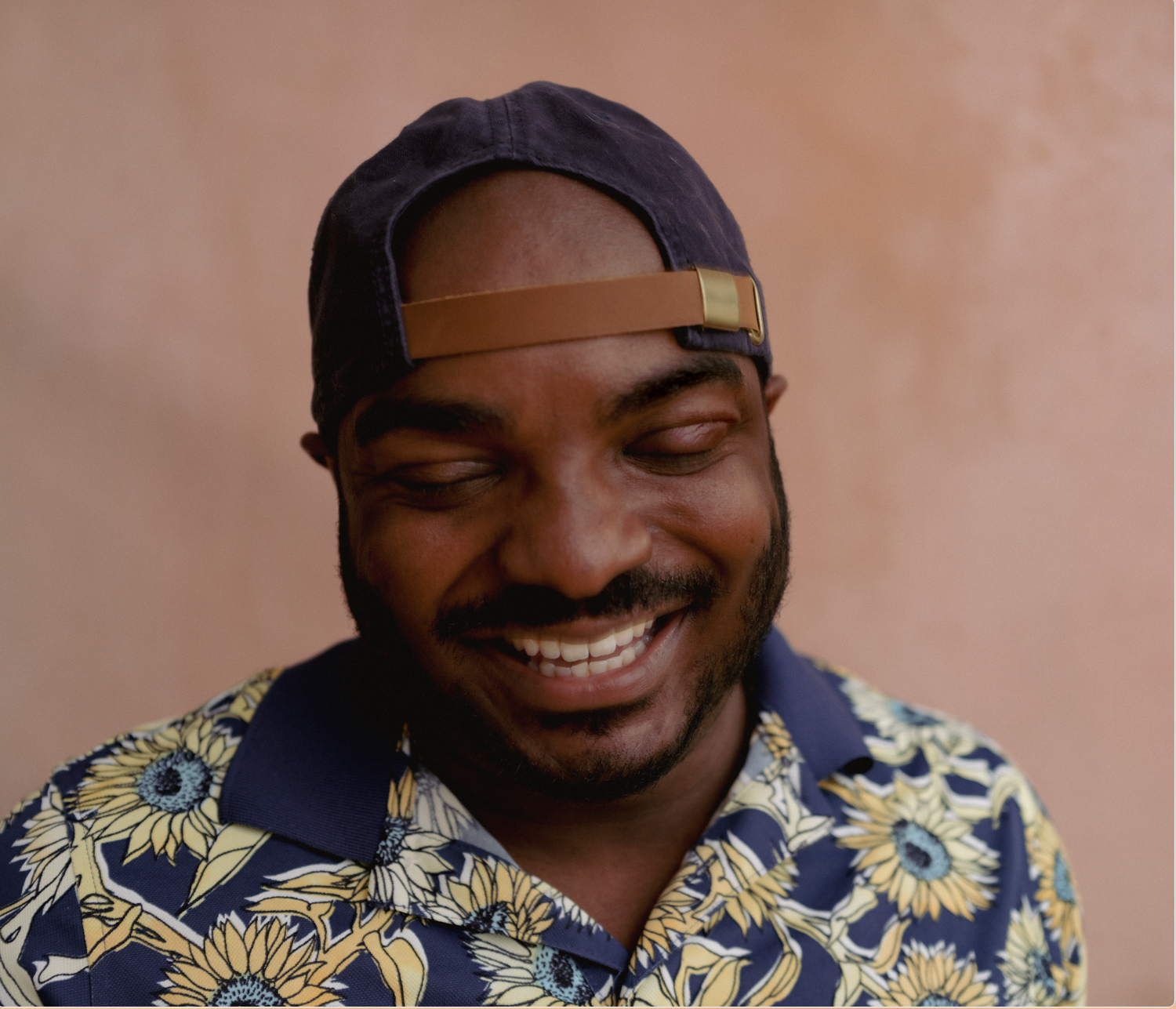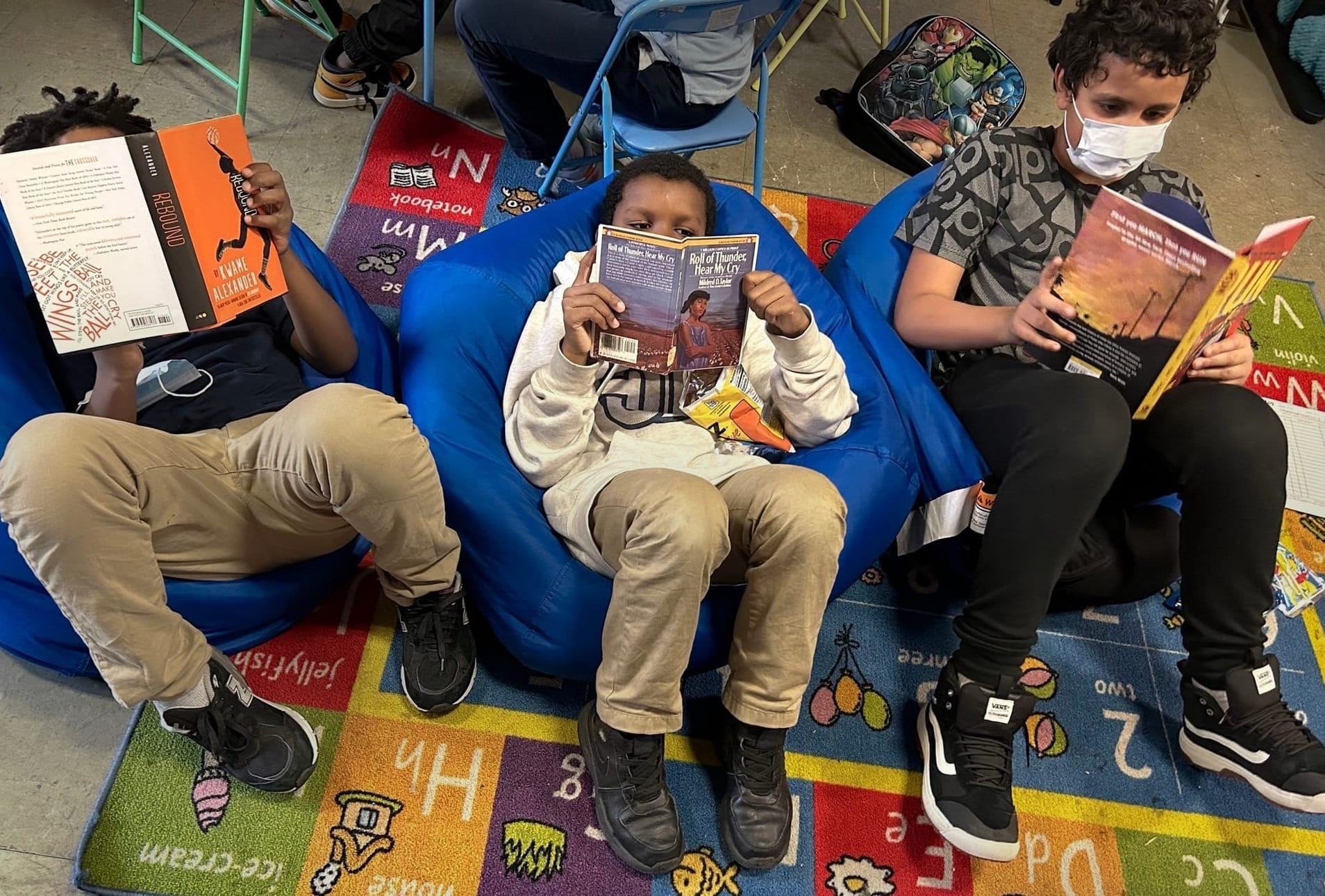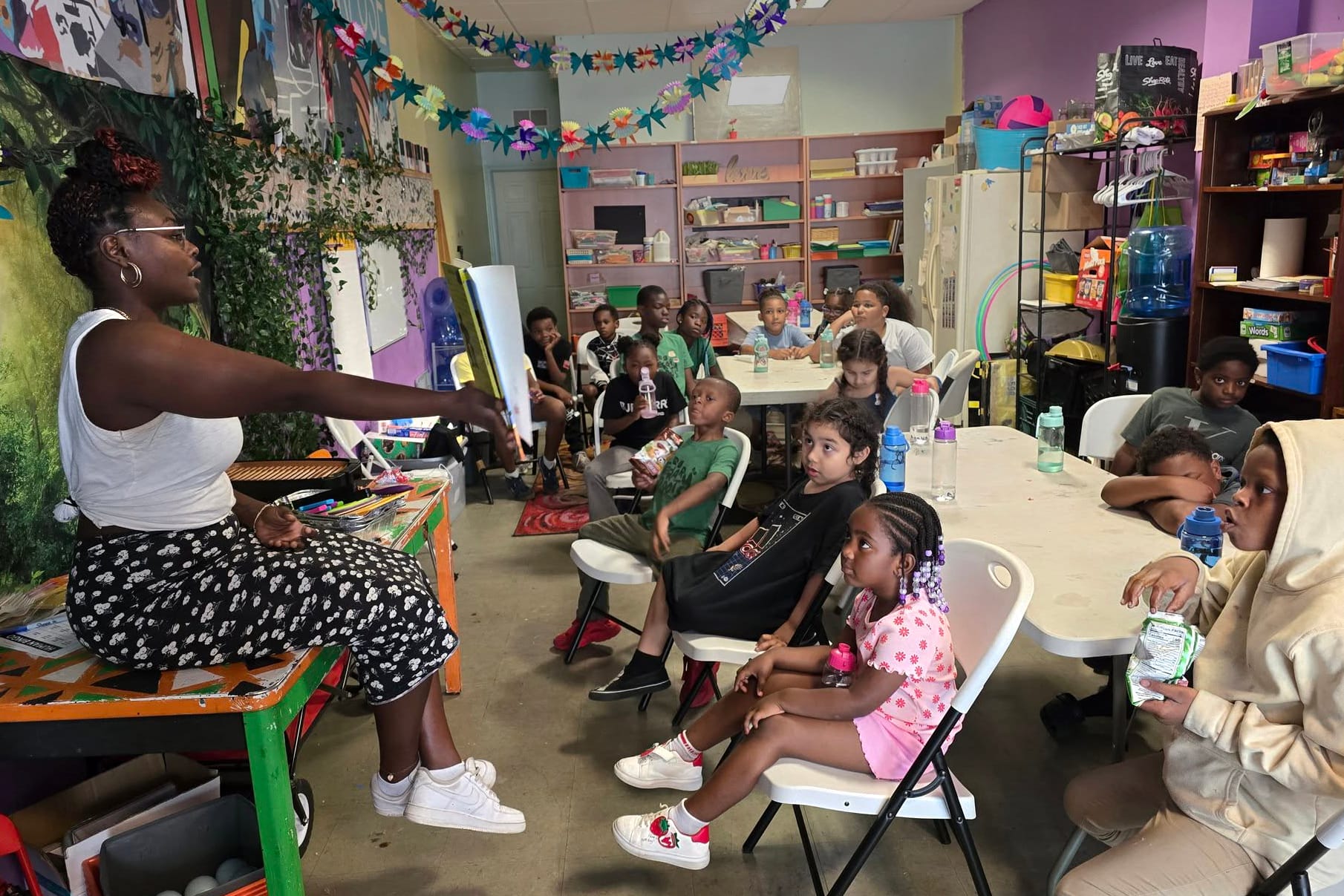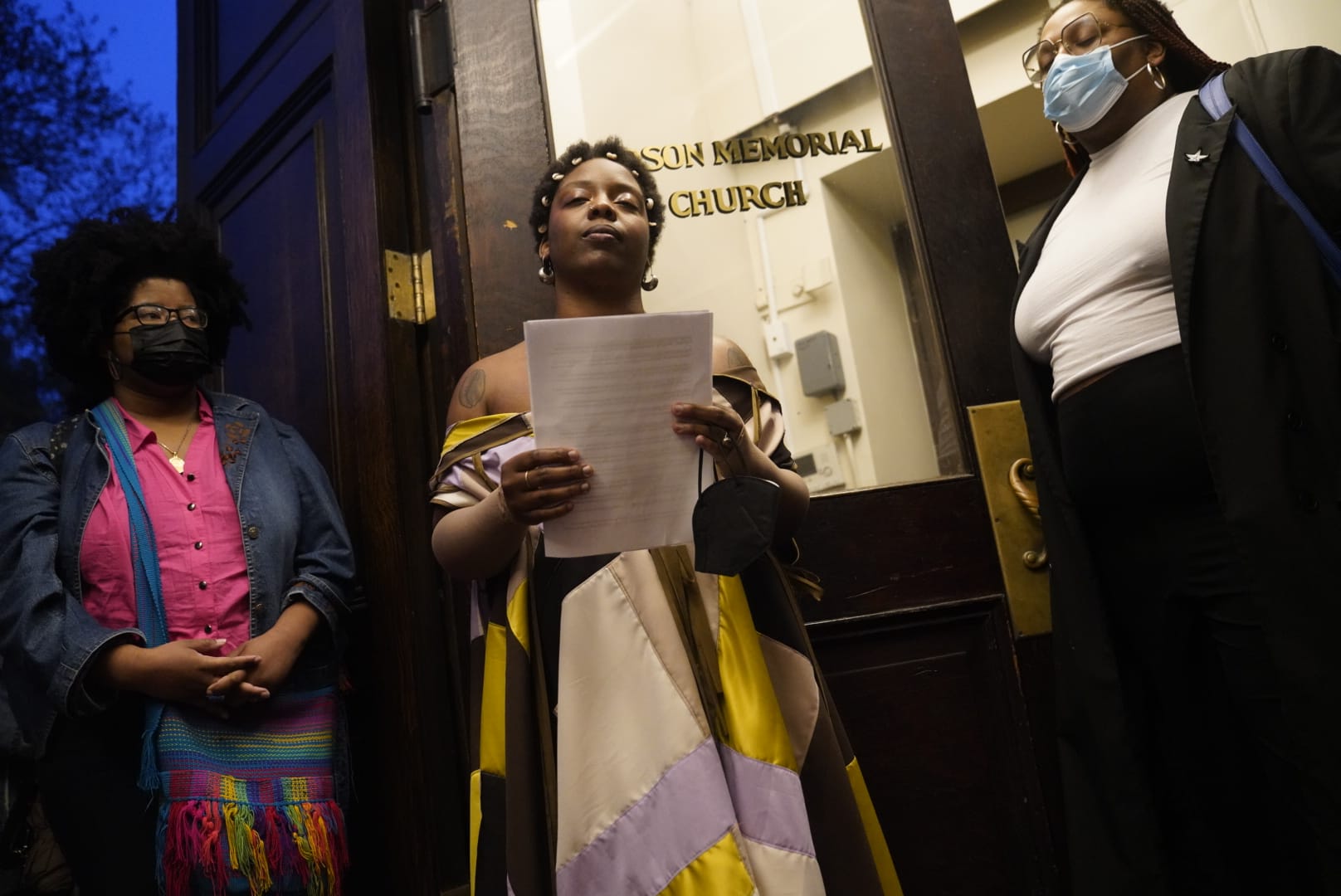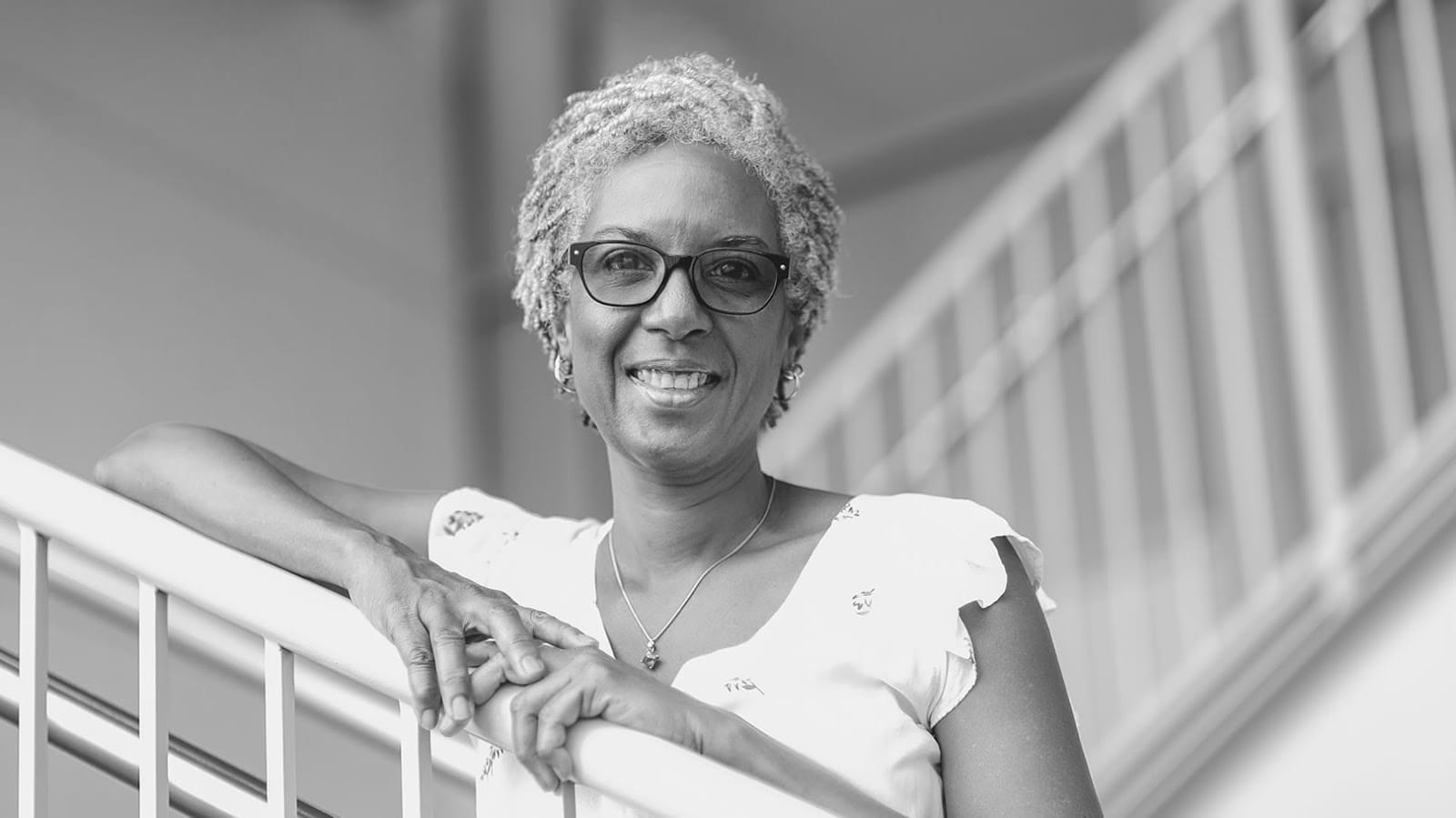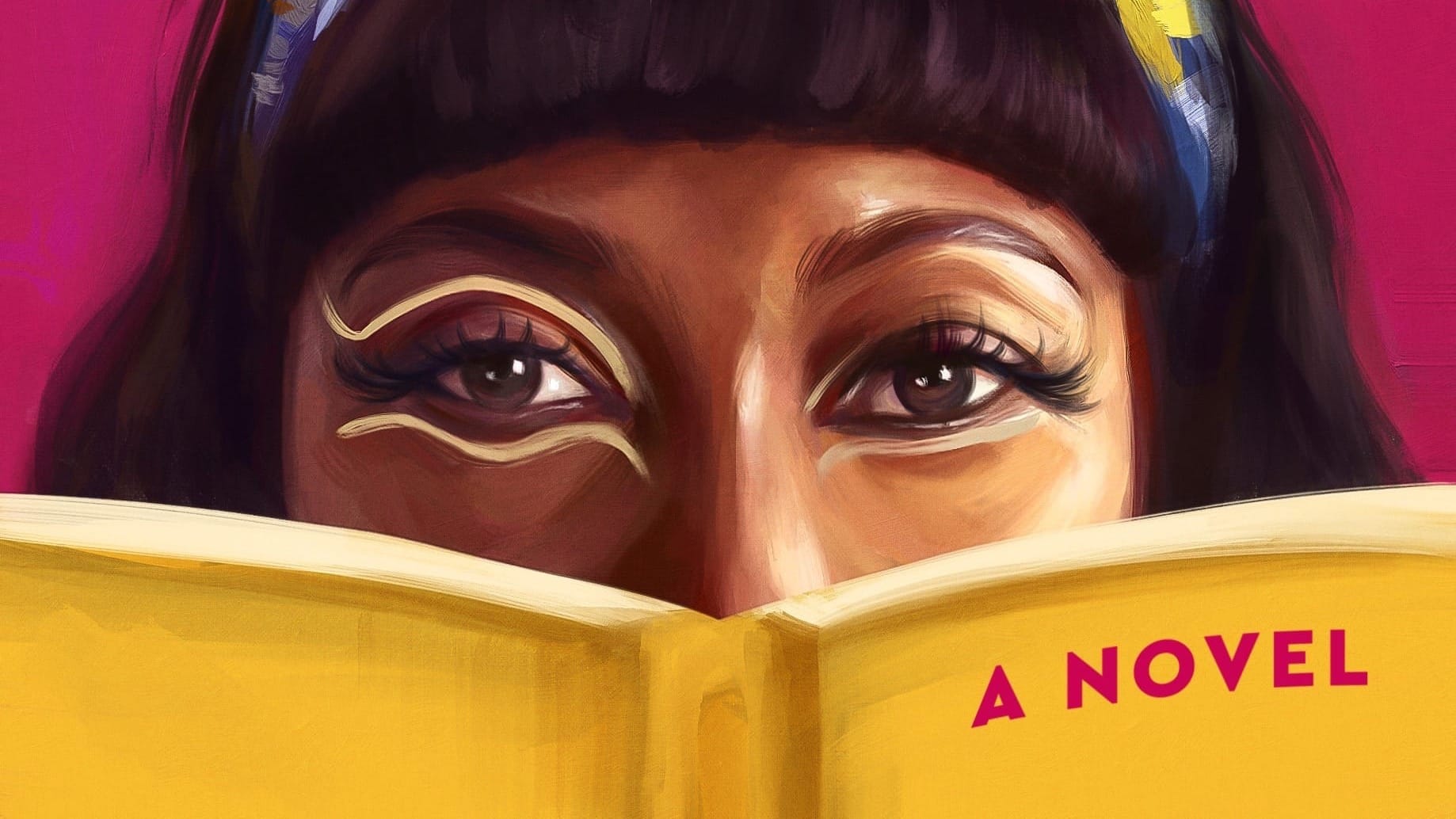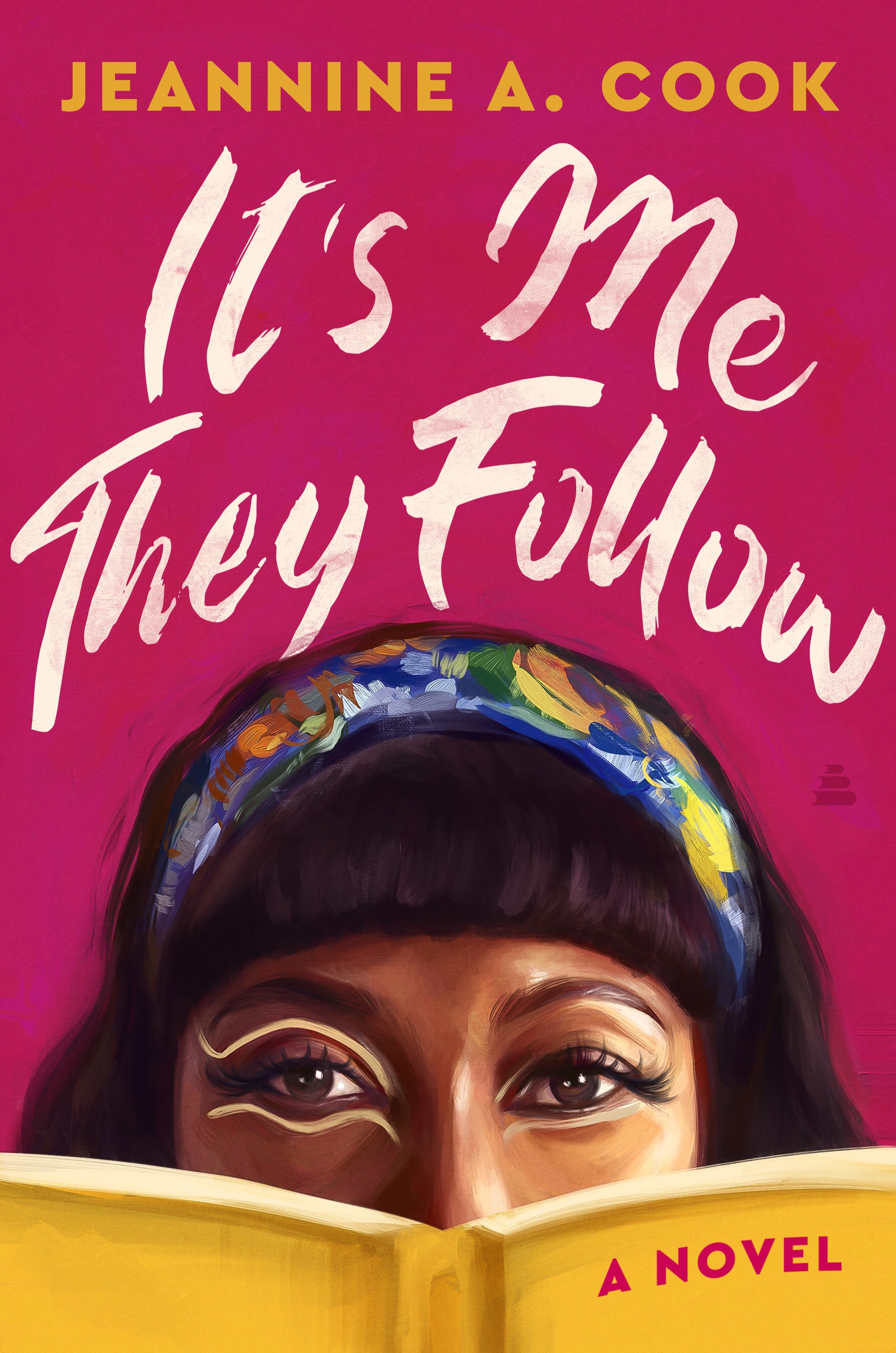Rachael Moton Is Crafting the Future of Dark Comedy — And She’s Doing It Her Way
In an indie film landscape where resources are scarce and the path forward is rarely linear, Rachael Moton is forging her own way — and she’s doing it with gut-punch honesty, bold humor, and a sharp lens on the systems we’re all tangled in.
In an indie film landscape where resources are scarce and the path forward is rarely linear, Rachael Moton is forging her own way — and she’s doing it with gut-punch honesty, bold humor, and a sharp lens on the systems we’re all tangled in.
The Philadelphia-based writer, director, and educator has a singular voice: one that blends dark comedy with unflinching social critique. Whether she’s tackling gentrification, grief, or the hollow optics of allyship, Moton brings a distinctive blend of absurdity and emotional clarity to the screen. Her characters are never just vessels for messaging — they’re messy, funny, sharp- edged people, often trying to laugh their way through pain that runs generations deep.
“I think sometimes things are just so sad that the only thing you can do is laugh,” Moton says.
“Even with something as serious as racism, some of the things people do or say are so ridiculous that I literally have to laugh. That humor gives me a way to process it.”
Her debut feature, Paper Trail, currently in development, exemplifies her approach. Set in North Philadelphia, the film follows two brilliant Black siblings who, on the brink of eviction, begin ghostwriting academic papers to survive. When a white client catapults to internet fame using an essay they wrote, the siblings are forced to confront what it means to have their intelligence, their labor, and ultimately their voices commodified.
It’s a biting premise rooted in Moton’s real-life experience as a broke college student ghostwriting coursework for cash — a gig she started in high school. “There are people walking around with degrees now that I basically earned for them,” she says, only half-joking. “That’s terrifying. But it also shows how people are willing to exploit others just to get ahead.”
Set against the backdrop of a rapidly gentrifying city, Paper Trail captures the contradictions of a community being rebranded in real time. As a Temple University alum, Moton is intimately familiar with the phenomenon. She remembers her own classmates glamorizing neighborhoods once dismissed as dangerous — places her family actively warned her to avoid.
“People were so excited to move to the same areas Meek Mill rapped about,” she says. “Meanwhile, I grew up hearing how unsafe those places were. Now those same blocks are ‘cool,’ and the people who made them what they are are being pushed out.”
This tension — between memory and reinvention, between survival and exploitation — pulses through Paper Trail and through much of Moton’s work. Her earlier short, Dad’s Dead Damnit, earned her a coveted spot in the 2019 Sundance Ignite Fellowship, catapulting her into programs like TIFF’s Filmmaker Lab, Tribeca’s Untold Stories, and The Gotham’s Project Forum.
Institutions like the Sundance Institute, SFFILM, Westridge Foundation, and Scribe Video Center have all backed Paper Trail — a testament to the urgency and originality of her voice. But for Moton, the journey hasn’t been without heartbreak. She describes her experience at Untold Stories as transformative — even though she didn’t win. “I was so sure I had it,” she says. “I thought that was the only way the film would ever get made. Losing felt like the lowest point of my life.” And yet, that loss opened new doors. People saw the work. They reached out. They believed in the story. “Sometimes not winning is the win,” she reflects.
Still, the indie system is far from equitable. Moton is frank about the uphill battle of being a Black woman filmmaker navigating predominantly white industry spaces. “A lot of Paper Trail is real life,” she says. “I’ve had collaborators — mostly white — try to use my voice and my story to boost their own platforms. It’s frustrating that I can’t even get a film about voice theft made without a white co-sign.”
But Moton is nothing if not grounded. Therapy helps. So does teaching. As a former film instructor at Moore College of Art & Design, she channeled her passion into shaping the next generation of storytellers. “Teaching feels like an extension of the mission,” she says. “To challenge, nurture, and expand the stories we tell — and who gets to tell them.”
Her style — a blend of dark humor, emotional honesty, and community-rooted insight — isn’t just a creative choice. It’s her birthright. Raised in Philly in a deeply religious household, Moton found her voice in subversive spaces, often sneaking shows like American Dad on late-night TV.
“I think Seth MacFarlane is a genius,” she admits. “I love anything that takes something not supposed to be funny and makes it laughable.”
Asked how she would describe her artistic purpose, Moton doesn’t hesitate: “What really matters to me is telling stories about marginalized people — but through a lens of comedy. Comedy can disarm people. It makes them comfortable enough to actually listen.” That disarming is exactly what makes Moton’s work so potent. Her stories catch you off guard — you’re laughing one moment, then sitting with a gut-check truth the next. She knows that laughter is a gateway. A trapdoor. A mirror.
And with Paper Trail, and whatever she dreams up next, Rachael Moton is making sure we see ourselves clearly.
